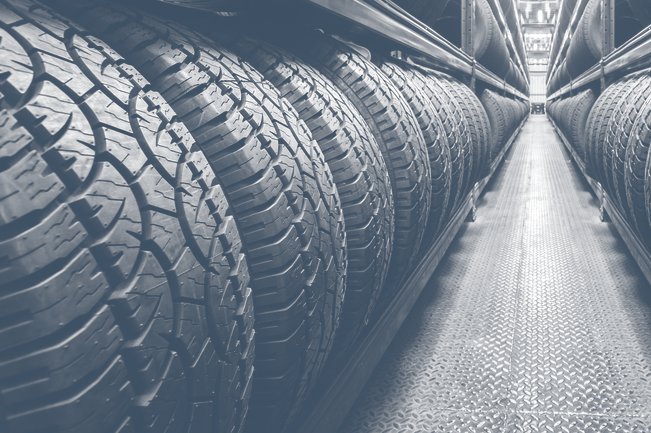Goodyear Runs Flat: Company Sanctioned For Hiding Tire Testing

Goodyear Runs Flat: Company Sanctioned For Hiding Tire Testing
Discovery in litigation is the process through which people injured by a defective product can get information and documents from the product manufacturer. You can ask the company questions and request documents and things from the company files. This discovery process is the life’s blood of the case. With it, done rightly, you get the facts and the data and the tests. Without it, and done wrongly, you get nothing and you lose your case.
The discovery process, governed by published rules and ethical principles, relies fully on the parties to respond fully and honestly and to act in good faith. There is supposed to be a “little voice” in each attorney’s head telling him to “turn over all material information.” Sadly, and by design, not all companies and their attorneys listen to that inner voice. They “sell out to client” and hide documents. They delay. They conceal. They use word games to avoid producing highly relevant documents. It’s a common gamble, because if they are not caught, and many are not, then they are almost certain to win the case and protect the company and the product.
But, sometimes, diligent plaintiffs and good judges catch the company and its attorneys playing games, albeit deadly serious games, in the litigation process. We have seen it many times over the years in our cases. It happened most recently in Haeger v. Goodyear Tire & Rubber Co., a case in which a tire failure caused serious injuries to the Haegers. After seven years of battling Goodyear for documents tests that common sense said existed, and after being told none did, the Haegers settled their case for a fraction of what they might have had they gotten all the tests. Later, the Haegers learned from other tire litigation that the tire tests they asked for, but never got, did in fact exist—but the company and its attorneys had concealed them.
Even though their case was over, the Haegers acted. They and their lawyer filed a motion for sanctions, alleging that Goodyear and its attorneys had knowingly concealed internal tests related specifically to the Goodyear tire that failed and hurt the Haegers. Those concealed tests showed flaws in the tire design. Goodyear defended, arguing that it had never violated any court orders to produce the tests it had said did not exist, and that the trial court did not have the power to sanction it post-settlement for previous discovery abuse.
During the ensuing fight over whether Goodyear had committed fraud on the court and engaged in discovery abuse, Goodyear accidentally produced tests it had repeatedly said did not exist. Because of that and what it learned in a 6-hour evidentiary hearing, the trial judge was not impressed. The judge further found out that Goodyear’s corporate representative had failed to mention the tests when asked repeatedly about them. The trial judge held that Goodyear had committed fraud on the court by not producing the tests. It found that Goodyear and its attorneys had acted in bad faith and had engaged “in repeated and deliberate attempts to frustrate the resolution of the case on the merits.” Relying on its “inherent power,” the court then sanctioned Goodyear, fining it and its lawyers over $2.7 million dollars in attorney’s fees and costs.
Goodyear and its lawyers appealed to the United States Court of Appeals for the Ninth Circuit. In a 49-page Opinion, the Ninth Circuit upheld all the sanctions. You can read the entire Opinion at http://cdn.ca9.uscourts.gov/datastore/opinions/2015/07/20/12-17718.pdf.
Lawyers and litigants have a duty to use good faith and candor in responding to discovery. They have a duty to listen to that inner voice and turn over all the responsive documents. That’s the only way facts come out. That’s the only way the truth comes out. And that’s the only way justice is done in court.

